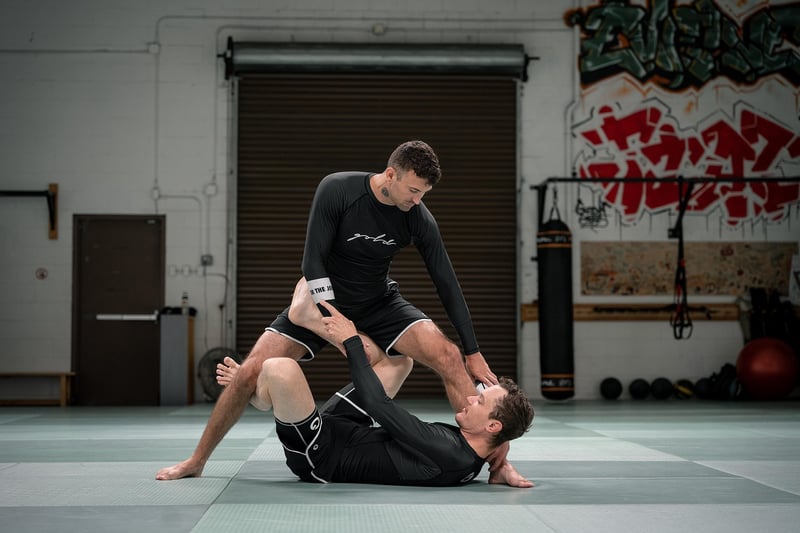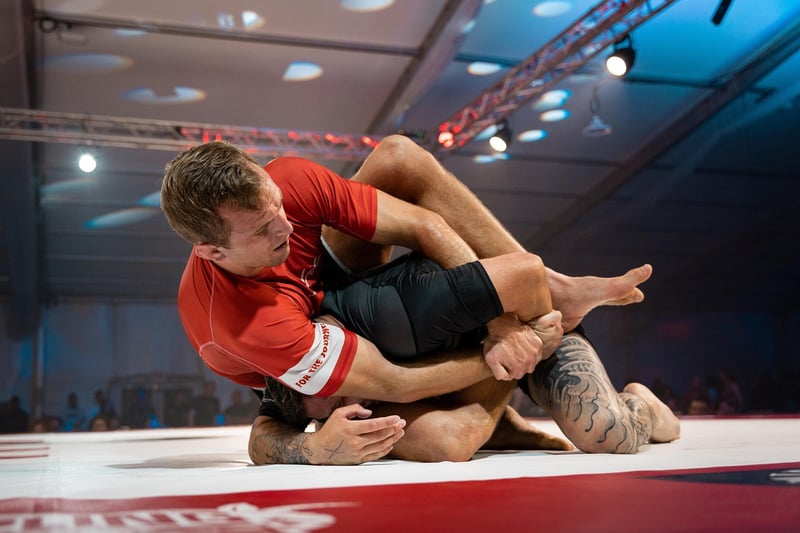Jiu-Jitsu
The Power of Self-Defense and Discipline in Jiu-Jitsu
Self-defense and discipline are two key components that make Jiu-Jitsu not just a martial art but a way of life. Jiu-Jitsu, a Brazilian martial art form, emphasizes the importance of both physical and mental strength, teaching practitioners to defend themselves while cultivating discipline in their daily lives.
The Benefits of Self-Defense
Self-defense is a crucial skill in today's world where unforeseen circumstances can arise. Jiu-Jitsu equips individuals with the ability to protect themselves in various situations, both on the streets and in everyday life. By learning Jiu-Jitsu techniques, practitioners gain confidence, awareness, and the skills needed to defend themselves effectively.
Key Aspects of Self-Defense in Jiu-Jitsu:
- Submission holds and joint locks
- Escapes from unfavorable positions
- Effective striking techniques
- Utilization of leverage and technique over brute strength
The Role of Discipline
Discipline is at the core of Jiu-Jitsu training. Practitioners learn to respect their bodies, their training partners, and the art itself. The discipline instilled in Jiu-Jitsu practitioners transcends the mat and influences their behavior outside the training environment.
How Discipline is Fostered in Jiu-Jitsu:
- Regular training schedules and commitment
- Focus on technique and precision
- Respect for instructors and training partners
- Humility in both victory and defeat
Conclusion
Jiu-Jitsu is not just about physical techniques; it is a holistic practice that promotes self-defense skills and discipline. By mastering self-defense techniques and embracing discipline, practitioners of Jiu-Jitsu can enhance not only their physical capabilities but also their mental fortitude and character.

Experience the transformative power of Jiu-Jitsu by incorporating self-defense and discipline into your training regimen!
For more information on Jiu-Jitsu and its benefits, visit BJJ Heroes.
